#Afro-Brazilian
Photo
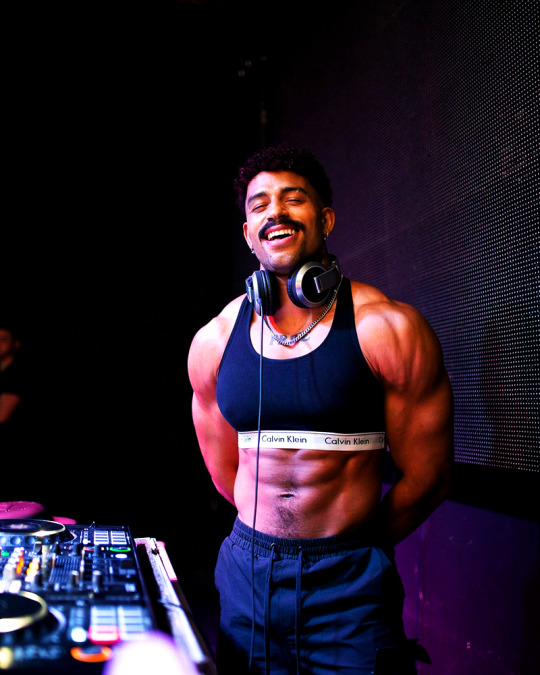

Felipe (@felipeferroficial)
#Felipe Ferreira#black men#black male models#afro-brazilian#muscles#body#melanin#himbo#himbo-harem#himbo harem
1K notes
·
View notes
Photo

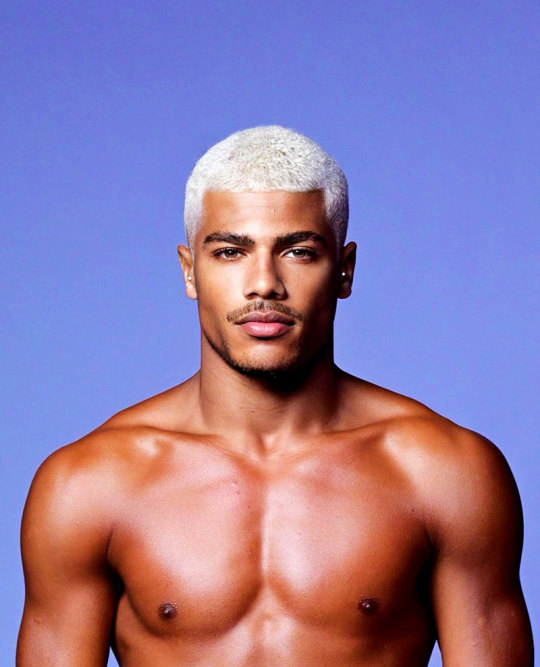
@hmatheuus
#matheus henrique#male model#black male model#brazilian male model#afro-brazilian#blackout#melanin#body#muscles#face card#e*#btp*
1K notes
·
View notes
Photo
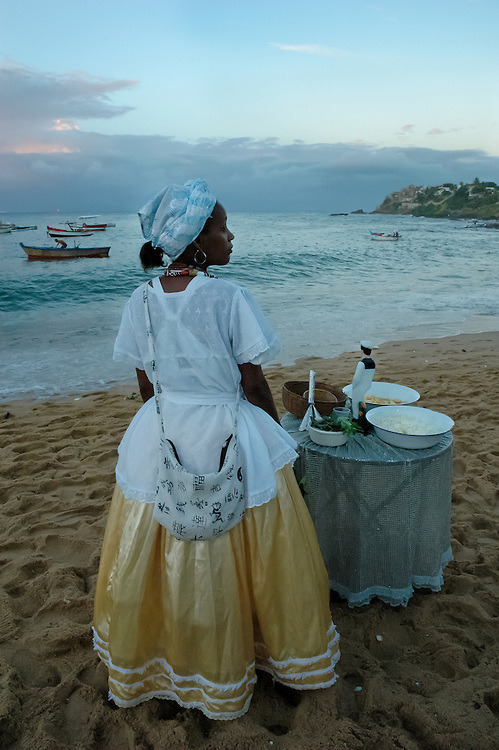
Yemanja: Wisdom from the African Heart of Brazil (2015), Donna Roberts, Donna Read, Brazil
1K notes
·
View notes
Text

A confiança (The Confidence)
Olinda, Brazil - 2023
The Carnaval of Olinda, on the north east coast of Brazil, is a week of high energy and exuberance. Dancers and musicians perform in Blocos that progress slowly through the streets of the beautiful colonial era town. Thronged with thousands of revellers that as much a part of the show as they are the audience. This young woman was part of an afro-Brazilian Axé troupe, a music genre that originated in Salvador, Bahia.
Photo: James Sparshatt
64 notes
·
View notes
Text

13 notes
·
View notes
Text

Montero, Park Seung, Rob and a unknown Fourth Bro disguised as Revy.
#Montero#Park Seung#Rob#Black Lagoon manga#Manga#the quartet#seinen#Afro-Brazilian#Caucasian-American#Korean-American#Unknown Nationality/Ethnicity#unknown background
1 note
·
View note
Text
brazilian afro indigenous Miku (she's my cousin)

#brazilian miku#hatsune miku#vocaloid#miku brasileira#afro indigenous#indigenous#my art#vocaloid fanart#hatsune miku fanart#fanart
16K notes
·
View notes
Text
al things considered — when i post my masterpiece #1281

first posted in facebook march 2, 2024
heitor dos prazeres -- "o tintureiro" (1962)
"dying fabric is easier than you think" … martha stewart
"a true multidisciplinarian, brazilian composer, singer, designer and visual artist heitor dos prazeres was born in rio de janeiro in 1898. a pioneer of samba — music that originated in the afro-brazilian communities of bahia in the late 19th century and early 20th century, continuing its development through the urban communities of rio — dos prazeres was part of the first samba schools of brazil, innovating sounds now synonymous with the region. interestingly, today, he is probably better known for his paintings but this chapter in his career came much later in life" … keshav anand
"there is no point to samba if it doesn't make you smile" … alma guillermoprieto
"samba is like a bird, he who catches owns it" … sinhô
"posting is easier than you think … but there is little reason for me to post at all, if it doesn't make a few of you smile" … al janik
#heitor dos prazeres#o tintureiro#dying fabric#martha stewart#keshav anand#samba#afro-brazilian#paintings#alma guillermoprieto#smile#sinhô#a bird#posting#al things considered
0 notes
Text
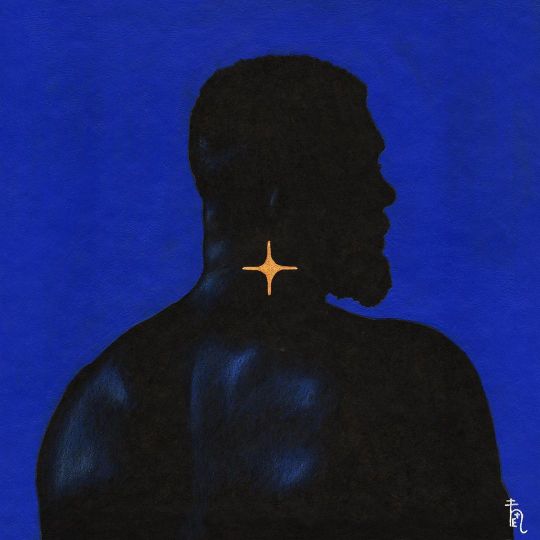

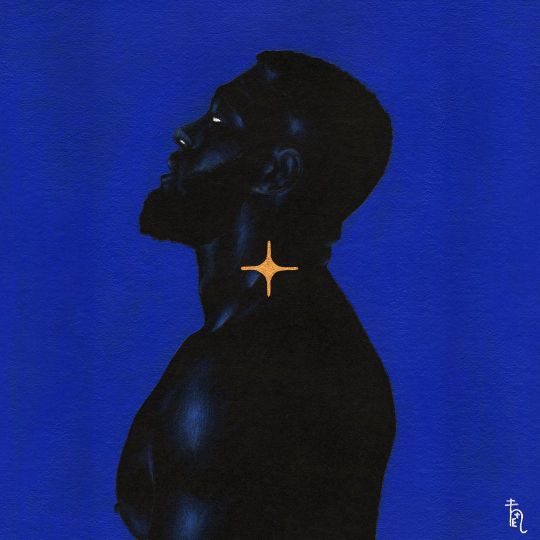
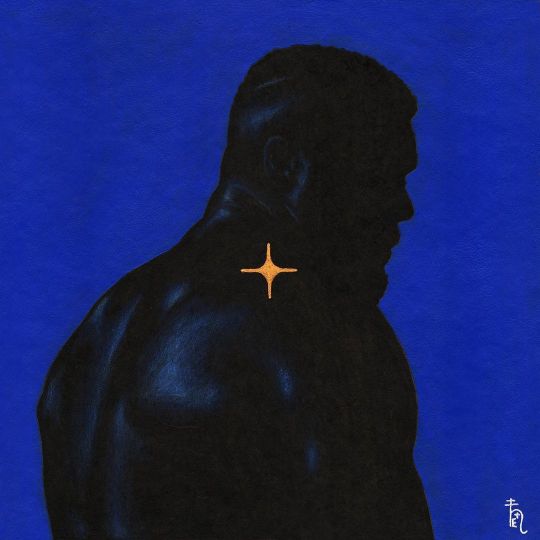
Exu do Blues em 4 atos, 2023
by Emerson Rocha
#Emerson Rocha#Baco Exu do Blues#art#mine#arte brasileira#brazilian art#artista brasileiro#brazilian artist#afro brazilian#cultura brasileira#brazilian culture#blue#dark blue#bluecore#blue aesthetic#dark blue aesthetic#black artist#black painters#brazil#brasil#brazil aesthetic#brasil aesthetic#brasileiro#brazilian#dark#dark aesthetic#brasilcore#brazilcore#brasilidade#brasilidades
5K notes
·
View notes
Text
Not so interchangeable
I do think the idea that blackness is not a monolith holds a lot of water, considering not only because many African cultures are different from each other but so are the African diasporic ones. If I were to compare the general Nigerian culture to the African American one, sometimes it can be vast. Nigerian culture would be an encapsulation of Igbo, Yoruba, Hausa, British and other (indigenous to Nigeria) cultures.
African American culture encapsulates the various African slave cultures as well as those of French and British influences, but due to the Atlantic Slave Trade it can be rather hard to trace which African culture exerts an influence on African Americans. Prior to modern African nation states, well most of them, we had something like African kingdom and empire states. The Hausa Empire, the Igbo kingdoms and the Bamileke fondoms were and still are some of those.
Pet ownership statistics are telling, even if it’s not entirely the case. If I’m not mistaken, cat ownership is higher in Northern Nigeria as it’s predominantly Muslim (and cats do have a good reputation in Islam) while it decreases in the south. While one might attribute it to Christianity, it doesn’t entirely explain why Christian majority countries like Ghana, Cote d’Ivoire and Cameroon have lots of owned cats, so even if there are those who dislike cats there as I recall the number of owned cats is higher in Cameroon (Yaounde specifically) than in Southern Nigeria.
Then comes language and family structure, while there are African cultures that are matrilineal (through maternal descent like the Akans) there are those that are patrilineal and patrifocal (through paternal descent like Igbo and Bamileke). It’s not that single parents are absent in African countries, but it’s almost particular for African American families to be often (though not always) headed by single mothers.
I don’t know much about Afro-Brazilians, but it could differ from African Americans in some regards (Lusophone rather than Anglophone, Santeria instead of Voodoo). Cameroon is mostly Francophone, so are Cote d’Ivoire and Democratic Republic of Congo while Kenya, Nigeria and Ghana are Anglophone and Angola and Mozambique are Lusophone.
In terms of Westernisation, while many African countries are effected by Western colonialism and colonisation many African diasporic communities are Westernised due to being in close cultural and genetic contact with European slaveholders. For some African Americans, they strongly seek de-Westernisation and decolonisation by co-opting customs from certain African cultures.
Perhaps as an attempt to reclaim their African heritage. But there are the ties that bind, despite cultural and geographical differences.
#africa#cameroon#nigeria#ghana#cote d'ivoire#kenya#angola#mozambique#african american#brazil#afro-brazilian
1 note
·
View note
Text
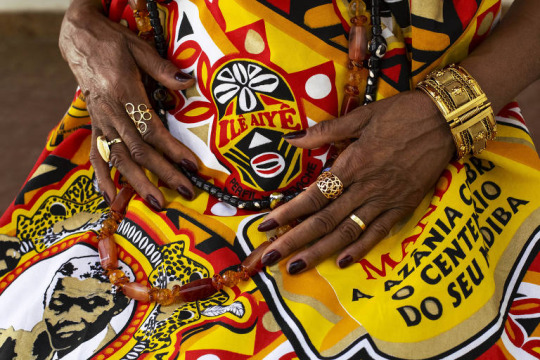
Ilê Aiyê is a carnival block located in Salvador, Bahia, Brazil. Carnival blocks, carnaval blocos or blocos de rua are street bands that mobilize crowds on the streets and are the main popular expression of Brazilian Carnival. The name Ilê Aiyê stems from the Yoruba language: Ilé - home; Ayé - life; which can be loosely translated as 'earth'. It was founded in 1974 by Antônio Carlos “Vovô” and Apolônio de Jesus, making it the oldest Afro-Brazilian block.
#lê Aiyê#Carnival Block#Band#Brazilian Carnival#Yoruba#Salvador de Bahia#Brazil#Culture#History#Tradition#Afro Brazillian#African Descent
77 notes
·
View notes
Text

Vanderlei Nago 🇧🇷
#vanderlei nago#menstyle#moda masculina#brazil#brazilian model#brazilian men#male beauty#men worth your time#mensfashion#menswear#mens style#beautiful black man#male model#black men#gorgeous black men#afro
38 notes
·
View notes
Text




@chrismer_r
185 notes
·
View notes
Text
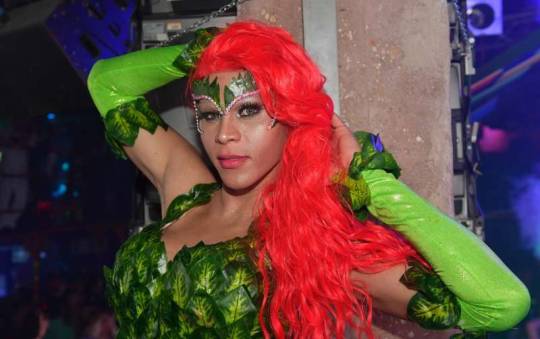
Melissa Bianchini (Melissa Bianchini Valentine)
Gender: Transgender woman
Sexuality: Queer
DOB: N/A
Ethnicity: Afro Brazilian
Nationality: Italian
Occupation: Drag artist, reality star, dancer, costume designer
#Melissa Bianchini#Melissa Bianchini Valentine#bipoc#lgbtq#queerness#transgender#trans woman#queer#black#latino#afro brazilian#poc#drag artist#reality star#dancer#costume designer#designer
62 notes
·
View notes

